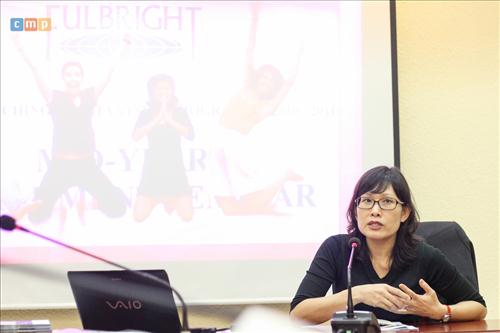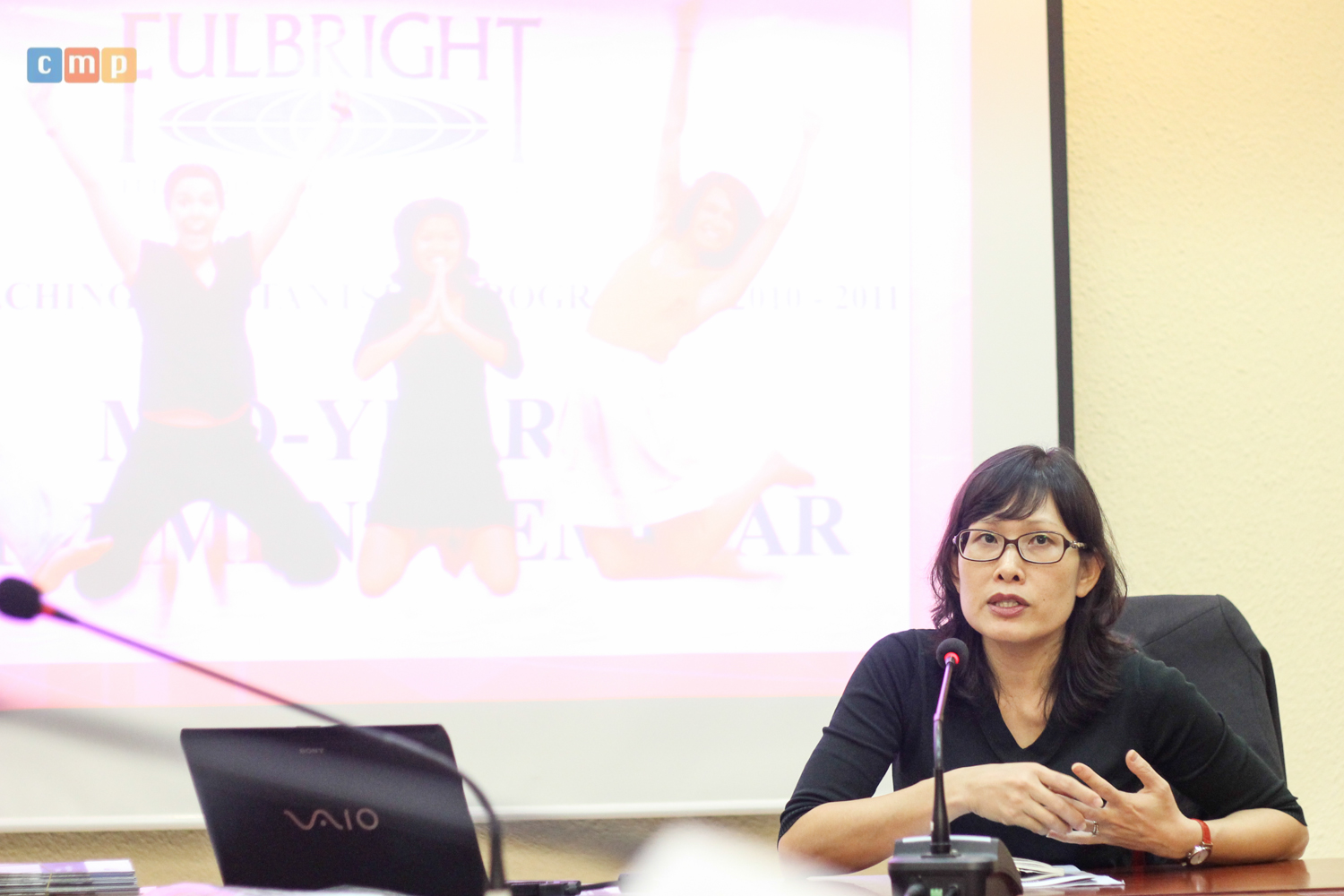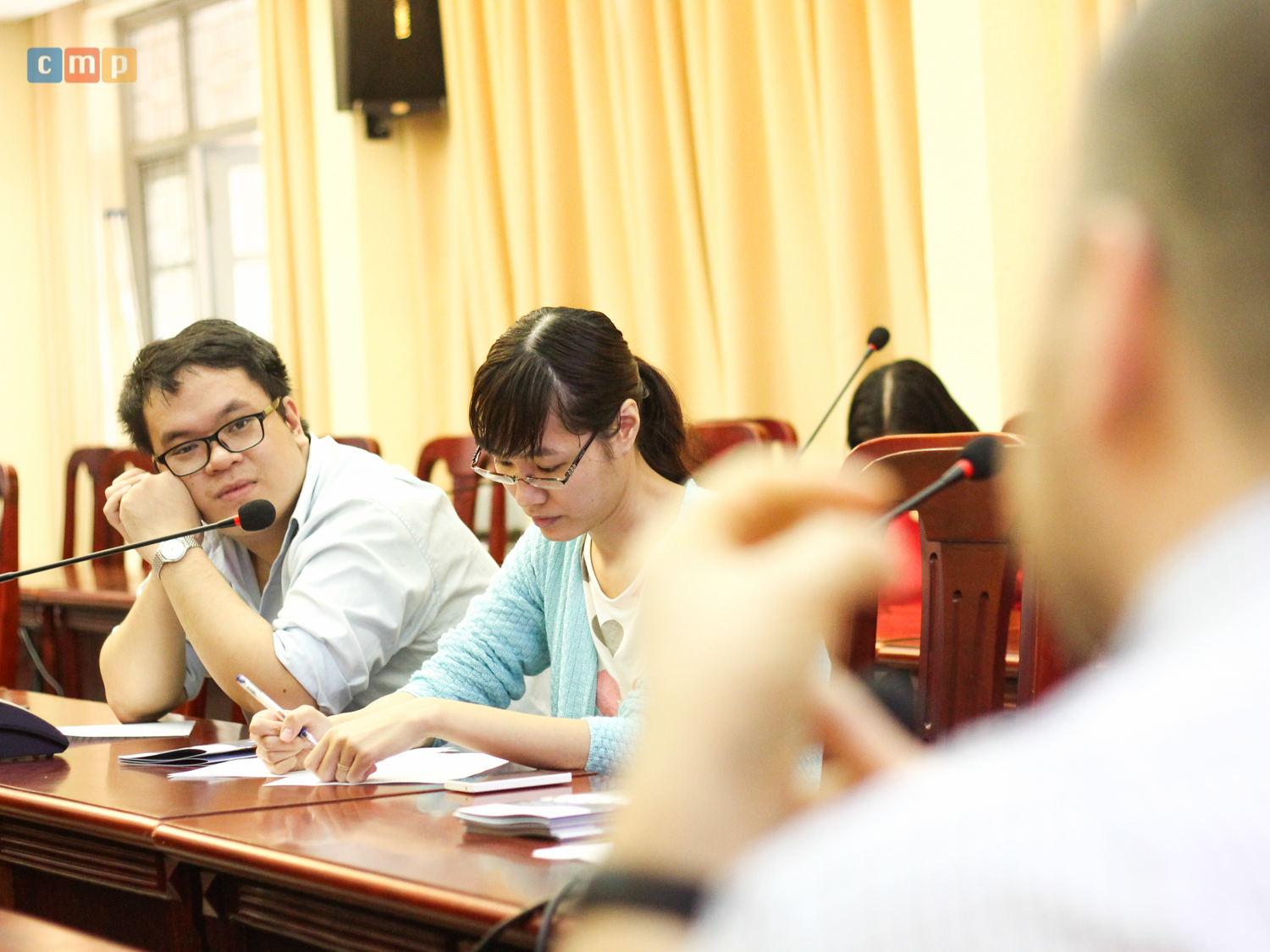
The Fulbright Program is a leading international educational exchange program of the U.S. Government aimed at fostering mutual understanding between the people of the United States and the people of nations around the world. Fulbright provides program participants – individuals with professional achievements and leadership abilities – with opportunities to study, teach, and conduct research, as well as to exchange ideas and find solutions to shared international concerns. Established in 1946 with funding from the U.S. Congress, the Fulbright Program aims to enhance mutual understanding through cultural and educational exchange. It is a fair and competitive program based on merit and individual merit. Selected scholars will receive a monthly living allowance, health insurance for the duration of their participation in the program, and round-trip airfare to the United States from VSP. The Fulbright Program in Vietnam, in collaboration with the Council for International Exchange of Scholars (CIES), arranges for scholars to be placed in suitable host institutions in the United States.
With over 60 years of operation, the Fulbright Program has approximately 310,000 members, including 120,000 from the United States and 190,000 from other countries. Each year, the Fulbright Program awards approximately 8,000 scholarships. The Fulbright Program is currently present in more than 155 countries worldwide.

Representatives from the Fulbright Program in Vietnam shared information with candidates on how to apply for the program.
The U.S. Diplomatic Mission in Vietnam officially announces the selection of qualified candidates for the 2017 Fulbright Vietnam Scholar Program (VSP). The VSP funds Vietnamese scholars to teach or conduct research at U.S. research institutions or universities for periods ranging from three to nine months.
The Fulbright program has been present in Vietnam for over 10 years, providing opportunities for many Vietnamese scholars to come to the United States. Applicants must possess a master's or doctoral degree (or equivalent in certain fields), be a Vietnamese citizen, and have proficient English skills for research or teaching in the United States. Specifically, English proficiency is assessed based on the results of an interview between candidates and the selection committee.
Representatives of the program emphasized that Fulbright does not allocate quotas to specific provinces or universities. The program relies solely on the candidates' profiles and abilities. In the last five years, Fulbright has focused heavily on social science fields. However, the number of applications received from these fields has been relatively low. It is noteworthy that the program has never received applications from candidates from the University of Science and Humanities. This year, the program hopes to attract PhD and Master's degree holders from that university.

The guests listened to shared experiences about applying to the Program.
Each applicant's application package requires: a personal resume, a scientific resume, a research proposal, and three letters of recommendation. The research proposal accounts for two-thirds of the total score. The candidate's research proposal will be evaluated based on four aspects: urgency, academic merit, conciseness, and feasibility. The remaining one-third of the score will be divided equally among the other parts of the application. The deadline for submitting applications for VSP 2017 is 7 PM on October 15, 2016. The selection process will take one year. Successful candidates will travel to the United States around August-September 2017.
VSP encourages women, ethnic minorities, and candidates from all provinces and cities to apply. VSP aims to select outstanding scholars based on academic achievement and expertise, without discrimination based on ethnicity, religion, gender, sexual orientation, or relationships.
Author:Thu Hang
Newer news
Older news